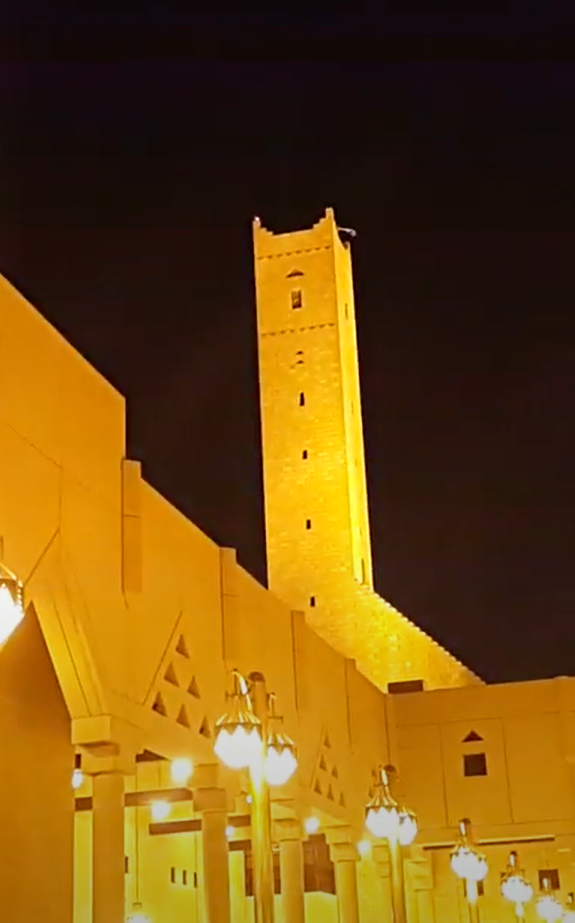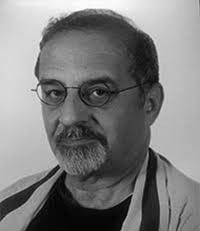

Rasem Badran is widely regarded as one of the most influential and respected architects in Jordan and the Middle East. Born in Jerusalem in 1945, he was raised in an artistic environment, with his father, Jamal Badran, being one of Haifa City’s earliest fine artists and sculptors. Badran studied in Ramallah before pursuing architecture in West Germany, where he earned his BA from Technische Universität Darmstadt in 1970. After working in Germany for two years, he relocated to Jordan in 1973, a move that marked the beginning of a prolific architectural career.
Establishing himself in Jordan opened numerous opportunities for Badran, leading to a steady stream of commissions in the 1970s. His talent quickly gained recognition from notable Arab architects, including the esteemed Iraqi architect Rifat Chadirji. However, the defining moment of his career came in 1982 when he won the Baghdad Grand Mosque competition. This achievement catapulted him into international prominence, leading to landmark projects across Jordan, Saudi Arabia, and Qatar. His name soon became synonymous with contemporary Islamic architecture, earning him recognition as one of its key pioneers.
Badran’s architectural mastery is evident in several globally recognized projects. Among these are The Grand Mosque of Riyadh in Saudi Arabia (1985), Madinat al Fahaheel in Kuwait (2002-2003), Abu Dhabi Court House Complex in the UAE (2006), and the Al-Bujairi Development in Al-Diriyah, Saudi Arabia (2006-2015). In 1979, he founded Dar Al Omran for architecture and engineering, further cementing his influence in the field. His contributions were acknowledged when he received the Aga Khan Award for Architecture in 1995 for his work on the Great Mosque of Riyadh and the redevelopment of the city’s old center. In 2002, Jordan University of Science and Technology awarded him an honorary doctorate, and in 2008, he established Badran Design Studio.
Badran’s approach to architecture extends beyond creating buildings; he designs spaces that reflect people, communities, and cultural histories. He emphasized this philosophy, stating, “I tried to create homelands for everyone. That was my dream.” His architectural vision was profoundly shaped by his Palestinian roots and the enduring conflicts over land, identity, and culture. His designs incorporate site-specific elements, history, and tradition while seamlessly blending modern and historical materials.
A firm believer that “Architecture is the mirror of society,” Badran has been recognized with numerous awards, including the 2019 Tamayouz Excellence Award, The Nile Award 2019 for “Most Creative Arab Personality,” and the Al-Hussein Order for Distinguished Contribution of the First Degree (2007). His work has been showcased globally, from Venice to Mumbai and Jerusalem to Stuttgart. Additionally, he has served on juries for prestigious awards, including the Tamayouz Excellence Award and the Hassib Sabbagh & Said Khoury Engineering Award, further solidifying his legacy in the architectural world.
I agree to the terms outlined below:
You agree to upload and assign Mosqpedia Database the rights to use the content worldwide and in perpetuity across all current and future media platforms. Mosqpedia Database may edit, copy, adapt and translate your contribution.
The content will be distributed under the Creative Commons Attribution-Deed – Attribution-NonCommercial-NoDerivatives 4.0 International – Creative Commons
All data will be stored in line with data protection regulations.
I agree to the terms outlined below:
You agree to upload and assign Mosqpedia Database the rights to use the content worldwide and in perpetuity across all current and future media platforms. Mosqpedia Database may edit, copy, adapt and translate your contribution.
The content will be distributed under the Creative Commons Attribution-Deed – Attribution-NonCommercial-NoDerivatives 4.0 International – Creative Commons
All data will be stored in line with data protection regulations.